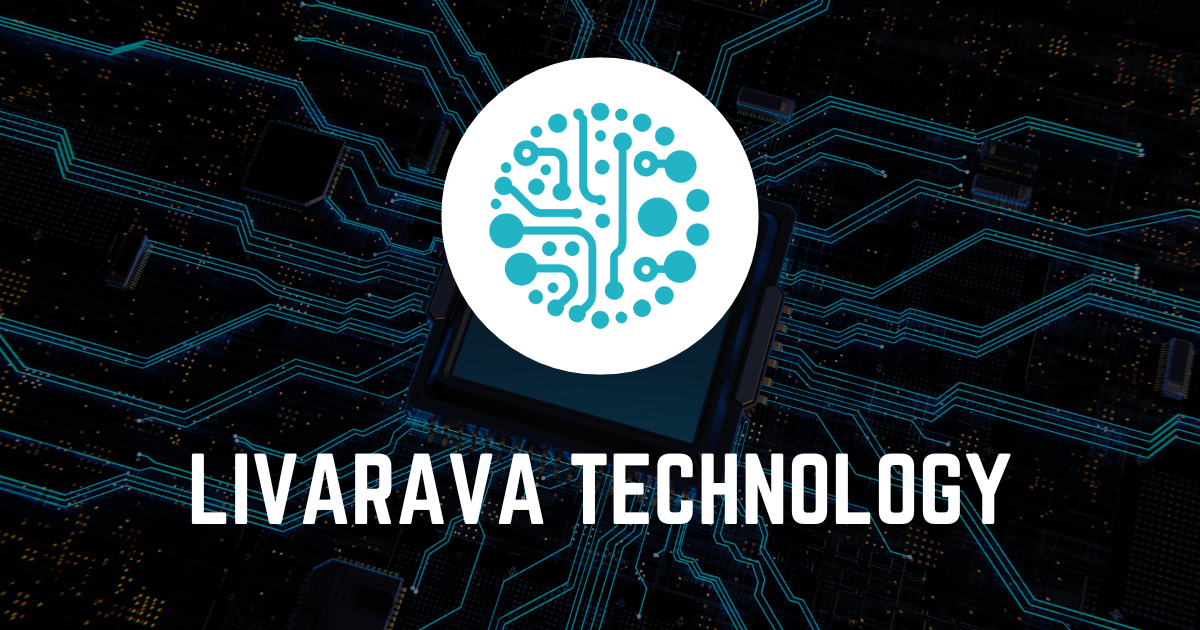Exploring the Fundamentals of Artificial Intelligence

Understanding Artificial Intelligence (AI)
Artificial Intelligence, commonly referred to as AI, is a field of computer science aimed at creating systems capable of performing tasks that typically require human intelligence. These systems are increasingly being integrated across various industries, including healthcare, finance, and technology.
Key Components of AI
- Machine Learning: A subset of AI that enables systems to learn and improve from experience.
- Natural Language Processing: Technology that allows computers to understand and respond to human language.
- Computer Vision: The ability of machines to interpret and process visual information from the world.
Importance of AI
The role of AI is becoming increasingly vital in today’s tech-driven society. Its capabilities in automating processes and analyzing vast datasets contribute significantly to efficiency and innovation.
Conclusion
Understanding AI is essential not just for tech professionals but for everyone looking to navigate and adapt to the rapidly changing technological landscape.
This article was prepared using information from open sources in accordance with the principles of Ethical Policy. The editorial team is not responsible for absolute accuracy, as it relies on data from the sources referenced.